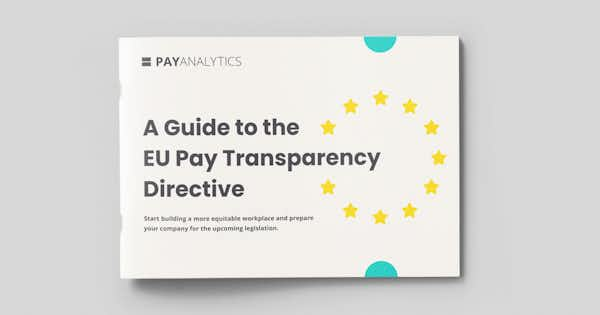Guida alla certificazione della parità di genere in Italia | Scarica il nostro e-book gratuito

Ireland Rolls Out New Pay Equity Law
In summer 2022, Ireland implemented a far-reaching pay equity legislation, the Gender Pay Gap Information Act 2021. This legislation requires employers to begin reporting on their gender pay gaps. Companies will need to report differences in the mean and median pay between male and female employees. And if there’s a pay disparity, the company will need to provide a written explanation for it and outline any steps planned to close the gap.
This legislation differs a bit from similar laws elsewhere, including the upcoming EU pay transparency directive. While many other laws call for numbers to be adjusted based on factors like performance and experience, the Irish law does not stipulate any such adjustments. This means that Ireland’s approach to closing the pay gap is focused more on the unadjusted pay gap or the gender pay gap — the raw difference in pay between men and women.
There are a couple of other unique features of the Irish gender pay gap information bill. While it does state that companies must report on any steps they plan to take to close their pay gaps, it does not say how far-reaching those steps need to be or specify any kind of timeline. (However, as of next year, many Irish employers will also be subject to the EU pay transparency directive. This will require them to bring their adjusted pay gaps down below 5%.)
Ireland’s legislation also includes reporting requirements for bonuses and other benefits, specifies that the pay gap information must be published on the company’s website, and covers a broad range of employee types: full-time, part-time, and contract workers.
The gender gap reporting will be implemented in phases starting in 2022:
From 2022 for employers with a minimum of 250 employees
From 2024 for employers with a minimum of 150 employees
From 2025 for employers with a minimum of 50 employees
So depending on their size, Irish companies are at different stages of preparing for this new legislation. Smaller companies may be starting to think about their data collection processes, while larger ones are already needing to do the analytical work.
To support our Irish customers at this stage, PayAnalytics has created a new report specifically tailored to meet the country’s new requirements. The report itself can be easily generated with a few clicks, and it includes space for clients to fill in written explanations of any identified gaps. This report is designed to provide a useful foundation for internal discussion of why any identified pay gaps might exist and developing a plan to close them.
For more detailed information about the requirements visit our resource page on Ireland's local requirements.
Le informazioni contenute in questa pagina non intendono fornire né forniscono consulenza legale. Tutti i contenuti, le informazioni e i materiali presenti in questo articolo sono solo per uso informativo generale. Si avvisano i lettori che queste informazioni, legali o di altra natura, potrebbero non essere aggiornate.





